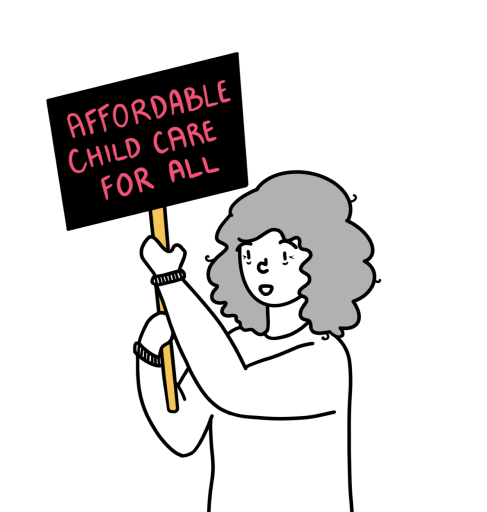Methods and Approaches
Our diverse teams work within and across different knowledge making paradigms, including feminist, ecological, Indigenous, decolonial, interpretive, and post-positivist. We seek to honour and embrace differences and complementarities within and between these approaches.
RC/W mobilizes divergent conceptual, methodological, epistemological, and theoretical approaches to research, policy analysis, and knowledge making. We consider what evidence and data are, how we can make good claims and robust arguments, and how we can work with and make data in stronger ways, using:
- Quantitative methods: a national survey and statistical analyses of national and international data sets
- Qualitative methods: interviews, focus groups, and longitudinal research
- Post-qualitative methods: multimedia (oral, visual, and arts-based) storytelling, photos, digital storytelling
- historical, policy and legal analyses
- comparative analyses: national (between Québec and other provinces/territories) and international (with a focus on France, Germany, and Sweden)
- community-based research practices
Learn more about how our projects can learn from and impact the everyday lives of Canadian families.
Our Guiding Principles
As a research partnership, we are guided by and aim to enact:

- intellectual and personal generosity
- collective and individual flourishing
- respect and transparency
- cross-sectoral relationships of mutual respect
- intersectional praxis
- the making of more just, equitable, and habitable social worlds
